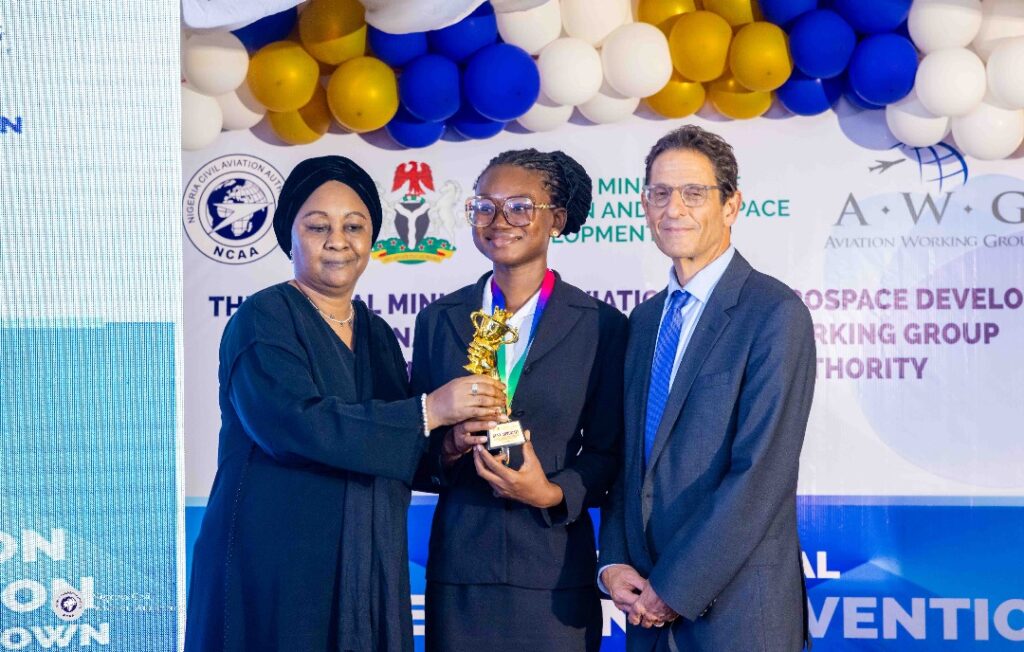The Director-General of the Nigeria Civil Aviation Authority (NCAA), Captain Chris Najomo, has called for greater support from the Judiciary to enhance understanding of laws governing aviation contracts, particularly the Cape Town Convention (CTC).
Speaking at the grand finale of the international CTC moot court held at the Federal High Court in Abuja, Najomo emphasized the importance of the Convention in positioning Nigeria favorably with aircraft lessors and the broader aviation industry.
Represented by Captain Donald Tonye Spiff, NCAA’s Director of Operations, Licensing, and Training, Najomo highlighted that the programme familiarized students, academics, and judges with the CTC through simulated judicial exercises based on complex hypothetical scenarios.
He noted that prior to Nigeria’s full engagement with the Convention, many airline manufacturers and leasing companies were hesitant to do business in the country.
Najomo praised the students for their performance, describing it as a testament to Nigeria’s capacity in the sector.
The event, organized by the Federal Ministry of Aviation and Aerospace Development and NCAA with support from the Aviation Working Group (AWG), showcased the practical application of the CTC in a court setting.
Jeffrey Wool, Secretary-General of the AWG and Co-Director of the CTC Academic Project, described the moot court as a key tool for introducing students and the legal system to the treaty’s provisions, noting its economic significance to Nigeria.
The Federal High Court recently issued a practice direction on handling CTC-related cases.
The final featured law students from University of Benin and University of Lagos, who competed under the supervision of a three-member panel of Federal High Court judges: Justices Binta Nyako, Joyce Abdulmalik, and James Omotosho.
The moot court had initially drawn 18 universities from across Nigeria’s six geopolitical zones, with the two finalists emerging as the top performers from the preliminary rounds.















